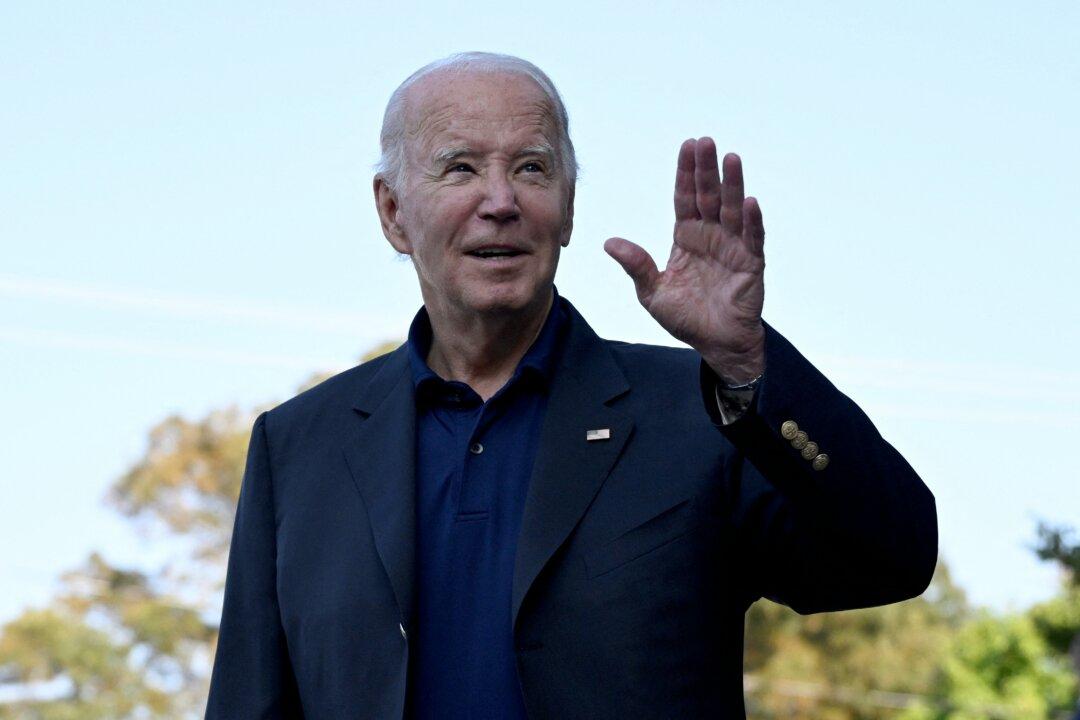President Joe Biden said on Sunday that he’s “disappointed” Chinese leader Xi Jinping will skip the G20 summit in India, amid unconfirmed reports that Beijing will likely send its premier to the summit on Mr. Xi’s behalf.
Reuters reported last week that Chinese Premier Li Qiang will likely take Mr. Xi’s place at the summit, citing Indian officials who spoke on the condition of anonymity due to unauthorized status to speak to the media.





